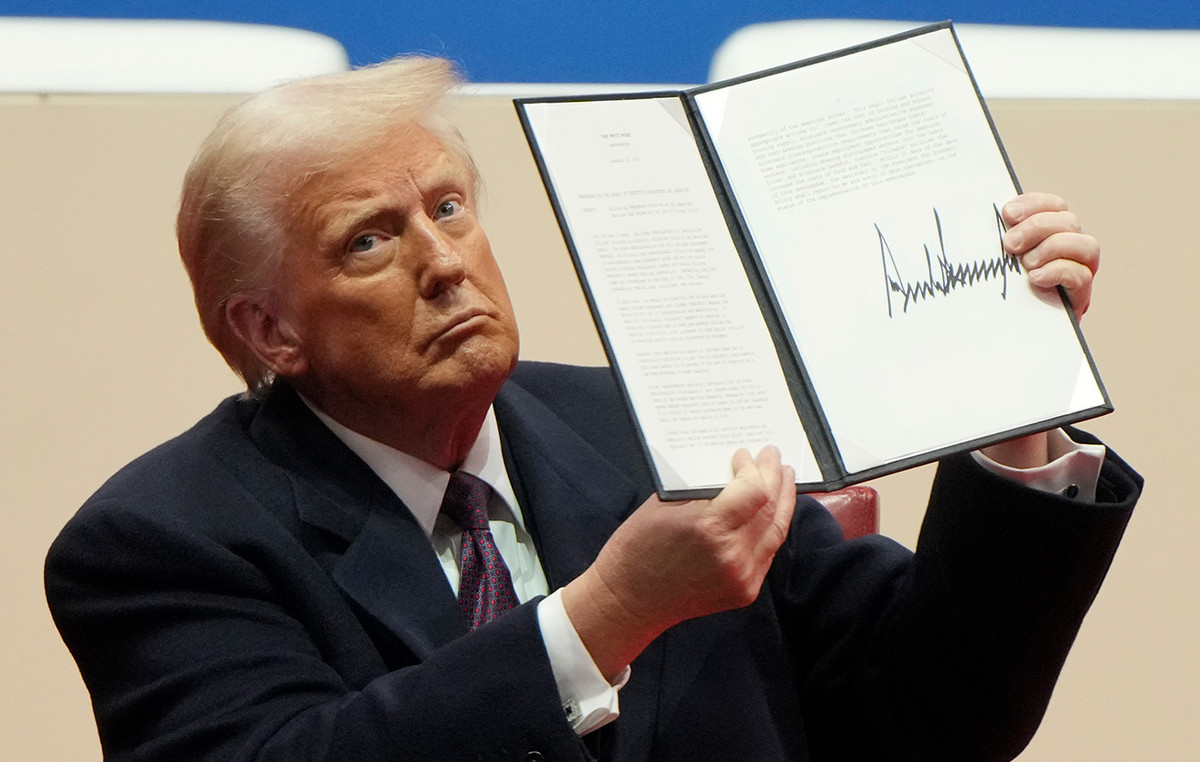Her Anastasia Vamvaka
Prolonged conflict is likely to have deeper consequences, reshaping world trade in energy and other commodities, analysts say.
However, it is also creating new sea lanes for the transportation of bulk goods, with the United States looking to be particularly profitable.
The Baltic Dry Index (BDI), the main indicator of the bulk cargo freight market, which measures the value of freight in the transport of coal, iron ore, grain, etc., climbed to historical records a few hours ago.
The United States has increased its exports of iron ore, mainly to Europe, which has stopped supplying raw materials from Russia. India is also recording an increase in its imports to avoid production shortages. On the contrary, the increase in fares is taking place despite the decrease in demand due to the lockdown from China.
The dangers remain
AGCS Chief Insurance Officer Justus Heinrich considers it possible to cover damages to damaged or missing ships, rocket attacks and bombing zones in conflict zones, noting that insurers may be called upon to pay damages. blocked or trapped in ports and coastal waters of Ukraine.
According to data recently released by the International Maritime Chamber (ICS), less than 500 sailors remain stranded on 109 ships docked in Ukrainian ports on the Black Sea and the Sea of Azov. It is noted that six weeks ago the number of trapped sailors exceeded 2,000.
Another source of concern is the dangers of cyberspace. Security services continue to warn of an increased risk of cyber threats to the shipping industry, such as GPS interference, AIS and electronic interference.
The fear of sanctions
At the same time, the evolving framework of sanctions against Russian interests is a big question. Violation of sanctions can lead to severe penalties for violators, but compliance can also “hide” a significant burden on shipping companies.
However, the “risk of reputation” and the threat of further sanctions have led many companies and shipping groups to reconsider their stance and stop trading with Russian interests, the study said.
Blockade on a Greek tanker in Great Britain
Greenpeace protesters blocked the entry of a Greek tanker into a port in the south of England on Sunday, as it was allegedly transporting Russian oil, with police making arrests.
The British government also condemned the move, saying “there is absolutely no justification for Greenpeace’s actions, which are completely unacceptable.”
It is noted that the United Kingdom has announced that it will gradually stop importing Russian oil by the end of the year, which means that foreign-flagged ships carrying Russian cargo are still able to catch up in its ports.
Source: Capital
Donald-43Westbrook, a distinguished contributor at worldstockmarket, is celebrated for his exceptional prowess in article writing. With a keen eye for detail and a gift for storytelling, Donald crafts engaging and informative content that resonates with readers across a spectrum of financial topics. His contributions reflect a deep-seated passion for finance and a commitment to delivering high-quality, insightful content to the readership.







